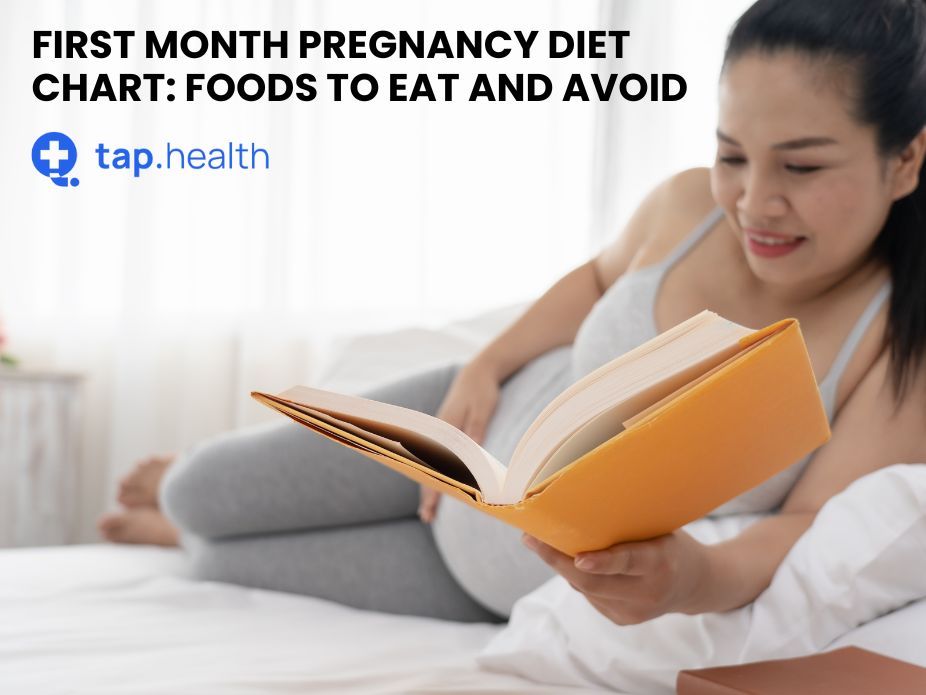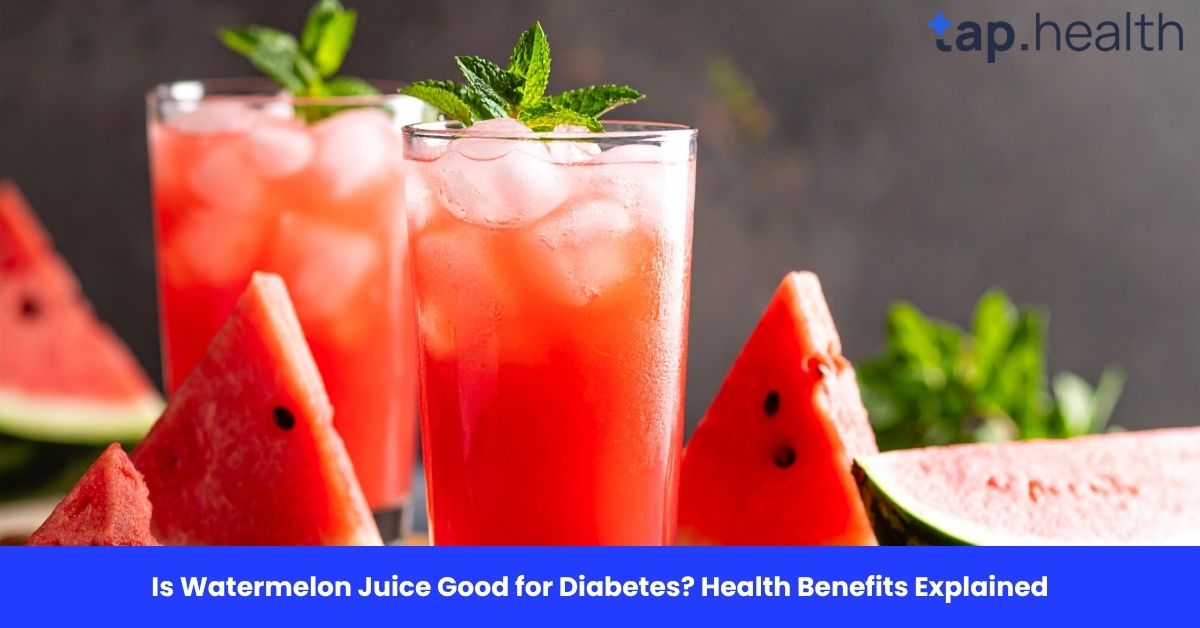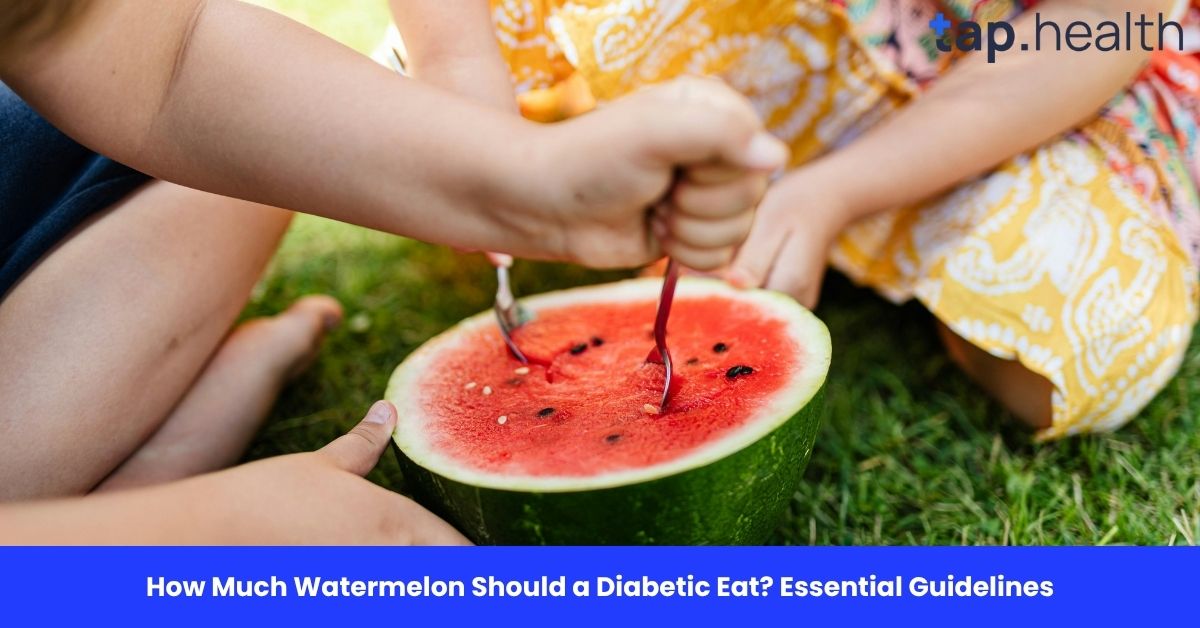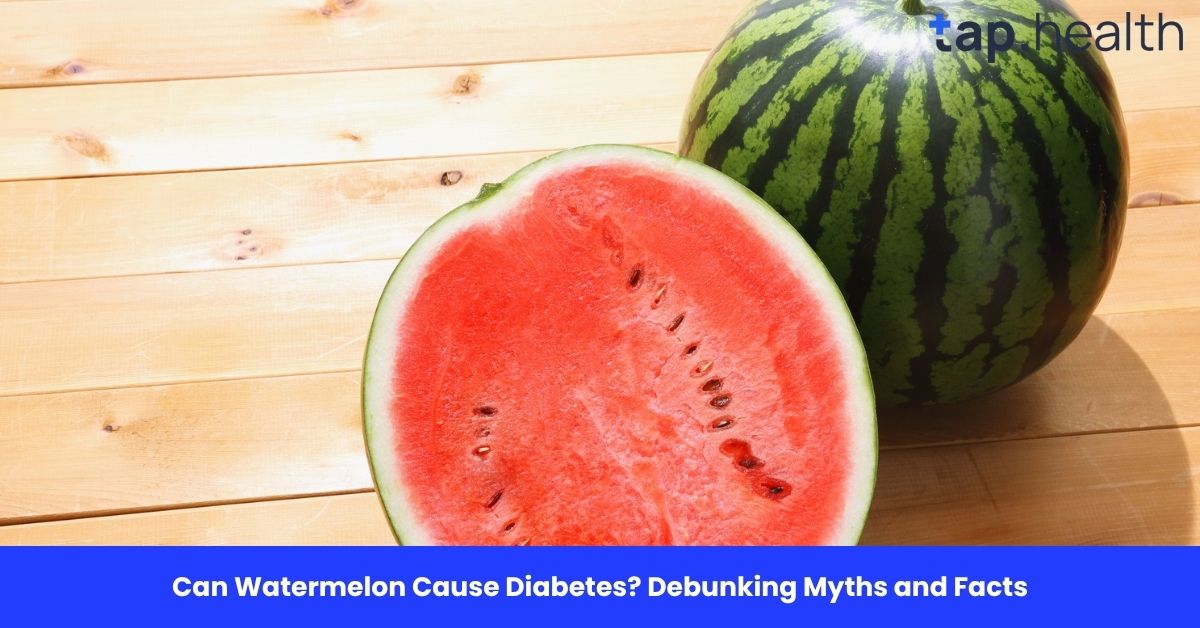The first month of pregnancy is a critical time for both the mother and the developing baby. A well-planned diet ensures proper nourishment, supports fetal growth, and helps manage early pregnancy symptoms. This blog provides a concise first month pregnancy diet chart, highlighting foods to eat, foods to avoid, and answers to common questions, ensuring you have the information needed for a healthy start to your pregnancy journey.
Why Is a Balanced Diet Important in the First Month of Pregnancy?
A balanced diet during the first month of pregnancy is vital for maternal health and fetal development. Proper nutrition provides essential nutrients, reduces pregnancy complications, boosts energy, and helps manage symptoms like morning sickness.
Supports Fetal Development
Nutrients like folic acid, iron, and calcium are crucial for the baby’s early growth. Folic acid prevents neural tube defects, iron supports increased blood volume, and calcium aids in bone formation.
Reduces Pregnancy Complications
A nutrient-rich diet lowers the risk of conditions like anemia, gestational diabetes, and pre-eclampsia, ensuring a smoother pregnancy.
Boosts Energy and Manages Symptoms
Pregnancy can cause fatigue and nausea. Eating nutrient-dense foods helps maintain energy levels and alleviates common first-trimester symptoms like constipation and morning sickness.
First Month Pregnancy Diet Chart
Here’s a simple, nutrient-packed diet chart for the first month of pregnancy, designed to provide essential vitamins, minerals, and energy.
Breakfast
- Oatmeal with Fresh Fruits: Oats are high in fiber, keeping you full longer. Add berries, bananas, or apples for vitamins and antioxidants.
- Whole Grain Toast with Avocado: Whole grains offer complex carbs, while avocados provide healthy fats and folic acid.
- Greek Yogurt with Honey: Packed with protein and calcium, Greek yogurt supports bone health, and honey adds natural sweetness.
Mid-Morning Snack
- Nuts and Seeds: Almonds, walnuts, or chia seeds are rich in protein and omega-3 fatty acids.
- Fresh Fruit Smoothie: Blend mango, spinach, or pineapple with milk or yogurt for a nutrient-dense snack.
Lunch
- Grilled Chicken Salad: Lean chicken provides protein, paired with colorful veggies for vitamins and a light dressing.
- Quinoa and Vegetable Stir-Fry: Quinoa is a protein- and fiber-rich grain, complemented by nutrient-packed vegetables.
- Lentil Soup: Lentils offer iron and protein, ideal for a hearty, healthy lunch.
Afternoon Snack
- Carrot Sticks with Hummus: Carrots provide beta-carotene, and hummus offers protein and fiber.
- Cheese with Whole Grain Crackers: A balanced mix of protein, healthy fats, and complex carbs.
Dinner
- Baked Salmon with Steamed Vegetables: Salmon is rich in omega-3s, vital for brain development, paired with steamed veggies for vitamins.
- Brown Rice with Beans: Brown rice and beans provide fiber, protein, and essential nutrients. Add leafy greens for extra vitamins.
- Vegetable Stir-Fry with Tofu: Tofu is a plant-based protein source, combined with vegetables for a nutrient-rich meal.
Evening Snack
- Whole Grain Cereal with Milk: A light, nutrient-packed option to end the day.
- Apple Slices with Peanut Butter: Apples offer fiber, while peanut butter provides healthy fats and protein.
Foods to Avoid in the First Month of Pregnancy
While focusing on nutritious foods is key, avoiding certain foods is equally important to ensure a safe pregnancy.
Raw or Undercooked Meat and Eggs
These can carry bacteria like Salmonella or Listeria, which may cause food poisoning and harm the baby.
Unpasteurized Dairy Products
Unpasteurized milk and cheeses may contain Listeria, posing risks to pregnant women.
High-Mercury Fish
Avoid fish like shark, swordfish, and king mackerel due to high mercury levels, which can affect fetal development. Opt for low-mercury options like salmon or tilapia.
Excessive Caffeine
Limit caffeine to less than 200 mg daily (about one 12-ounce cup of coffee) to reduce the risk of miscarriage.
Alcohol
No amount of alcohol is safe during pregnancy, as it can cause birth defects and developmental issues.
Processed Foods
High in unhealthy fats, sugars, and additives, processed foods should be replaced with whole, nutrient-dense options.
Tips for a Healthy Pregnancy Diet
- Stay Hydrated: Drink 8-10 glasses of water daily to support amniotic fluid levels and overall health.
- Eat Small, Frequent Meals: This helps manage morning sickness and maintains steady energy levels.
- Incorporate Prenatal Vitamins: Consult your doctor about supplements like folic acid, iron, and calcium to fill nutritional gaps.
- Focus on Whole Foods: Choose fresh, unprocessed foods to maximize nutrient intake.
FAQs About First Month Pregnancy Diet
1. Can I take supplements during the first month of pregnancy?
Yes, prenatal vitamins containing folic acid, iron, and calcium are recommended to support fetal development. Always consult your healthcare provider before starting supplements.
2. How much water should I drink during pregnancy?
Aim for 8-10 glasses of water daily to stay hydrated, support amniotic fluid levels, and promote overall health.
3. What foods help reduce morning sickness?
Eat small, frequent meals and include foods like ginger, crackers, or dry toast. Avoid spicy, fatty, or strong-smelling foods that may trigger nausea.
4. Are there fruits I should avoid in the first month?
Most fruits are safe, but avoid unripe papaya, as it may cause uterine contractions. Opt for nutrient-rich fruits like oranges, berries, apples, and bananas.
5. Is exercise safe during the first month of pregnancy?
Light to moderate exercise, such as walking, swimming, or prenatal yoga, is generally safe and beneficial. Always consult your doctor before starting a new routine.
Conclusion
A well-planned diet in the first month of pregnancy sets the foundation for a healthy pregnancy. By focusing on nutrient-rich foods like whole grains, lean proteins, fruits, vegetables, and healthy fats, you can support your baby’s development and manage early pregnancy symptoms. Avoiding harmful foods like raw meat, unpasteurized dairy, and high-mercury fish is equally important for safety. Incorporate prenatal vitamins, stay hydrated, and consult your healthcare provider to ensure your diet meets your needs. Follow this first month pregnancy diet chart to nourish yourself and your baby effectively.



